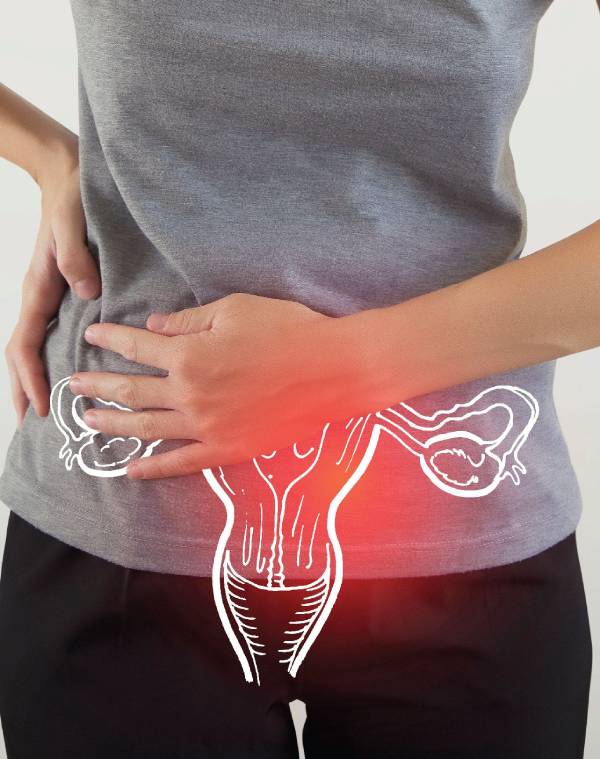
What is PCOS or PCOD?
PCOS (Polycystic Ovary Syndrome) and PCOD (Polycystic Ovarian Disease) are hormonal disorders that affect how a woman's ovaries function. In both conditions, the ovaries may produce an excess of male hormones (androgens) and develop small, fluid-filled cysts. While the terms are often used interchangeably, PCOS is considered a more severe and complex metabolic condition, while PCOD is often seen as a milder ovarian dysfunction.
What causes PCOS / PCOD?
The exact cause of PCOS or PCOD isn’t fully understood, but several factors may contribute:
- Hormonal imbalance: Elevated levels of androgens interfere with ovulation.
- Insulin resistance: The body's inability to process insulin properly can increase testosterone levels.
- Genetics: A family history of PCOS/PCOD increases your risk.
- Lifestyle factors: Poor diet, lack of exercise and stress can worsen symptoms.
What are the common symptoms of PCOS / PCOD?
Symptoms can vary from person to person, but the most common signs include:
- Irregular or missed menstrual cycles
- Excessive facial or body hair (hirsutism)
- Acne and oily skin
- Weight gain, especially around the abdomen
- Hair thinning or hair loss
- Difficulty conceiving (infertility)
- Mood swings or depression
Women may also experience fatigue, sleep disturbances or dark patches on the skin (especially on the neck or underarms).
How is PCOS / PCOD Diagnosed?
A diagnosis typically involves:
- Medical history and a discussion of menstrual patterns and symptoms
- Physical examination, including weight, hair growth and acne assessment
- Blood tests to measure hormone and insulin levels
- Ultrasound imaging to detect multiple small cysts on the ovaries
What are the treatment options for PCOS / PCOD?
There is no one-size-fits-all treatment for PCOS/PCOD. Instead, management focuses on symptom control and improving overall hormonal balance:
- Lifestyle changes: Healthy eating, regular physical activity and stress reduction are foundational.
- Medications: Insulin-sensitizing drugs or fertility medications may be prescribed.
- Weight management: Even a small reduction in weight can help restore normal ovulation.
- Cosmetic treatments: Laser therapy or medications can address excess hair and acne.
Is there an ayurvedic treatment for PCOS / PCOD?
Yes, Ayurveda offers a holistic and natural approach to managing PCOS and PCOD. These conditions are often viewed through the lens of Kapha imbalance and disruption in the Artava Dhatu (reproductive tissue) and Agni (digestive fire).
Ayurvedic treatment for PCOD focuses on correcting the root imbalance through:
- Herbal remedies: Herbs like Ashoka, Shatavari, Lodhra, and Guggulu help regulate hormones and improve reproductive health.
- Detox therapies (Panchakarma): Procedures like Virechana (therapeutic purgation) and Basti (medicated enemas) help clear toxins and balance hormones.
- Dietary guidelines: Emphasis on light, warm, Kapha-pacifying foods while avoiding sugar, dairy and processed items.
- Lifestyle corrections: Yoga, meditation and pranayama help reduce stress and enhance hormonal function.
Ayurveda doesn’t just treat symptoms, it works at the root level to restore balance, improve ovulation and enhance fertility naturally. A personalized plan from a certified Ayurvedic doctor is essential for lasting results.